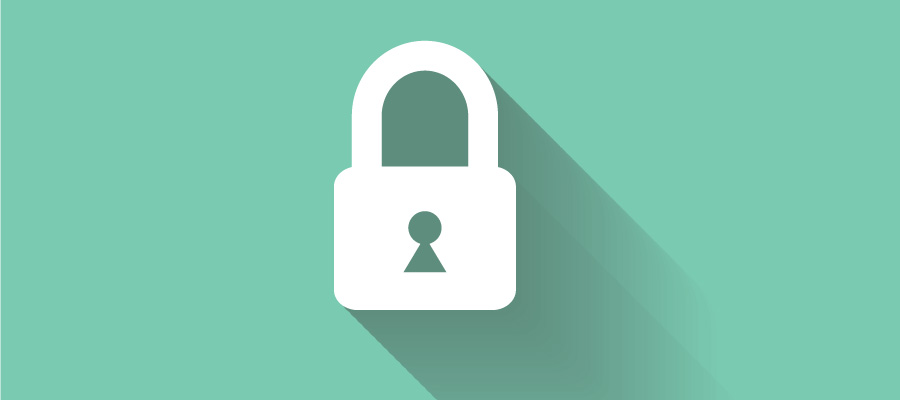Checks are written date, signed, and dated document that instructs a bank to pay a certain amount of money to the person who issued it. The person or company that writes the check is referred to as the drawer or payor and the person to who the check is issued is the payee. The drawee, on another side, is the bank where the check is drawn.
Checks can be cashed or deposited.
If the recipient presents the check to a bank or another financial institution to bargain, the money is taken from the bank account of the payor account. This is another method to direct the bank to transfer money from the payer’s account to the account of the payee, or to the account of the payee. Checks are typically written against a checking account however, they may also be utilized to transfer the transfer of funds from a savings account or any other type of account.
The Finance Ministry has declined the report of a chequebook ban to encourage digital transactions, declaring the government has no plans to eliminate it. Here’s the reason why Indian companies love their chequebooks, and why some of them even give away free checkbook covers to their customers.
India is experiencing a huge digital revolution and a simple report of the government removing the chequebook has caused enough ado. And, why? Businesses still love their chequebooks to transfer money. Yes, India is moving -slowly — toward an economy that is cash-free, but cheques are still a major source of income.
According to RBI statistics, in August the month of August, there were transactions in cheques that totalled the sum of 6,224.34 billion, which is three times higher than debit card transactions, and nearly 10 times more than transactions using mobile wallets, even though digital transactions have increased after the Demonetisation era. Here’s the reason why businesses still prefer chequebooks despite becoming digital:
Chargeless:
It’s digital transactions or any other form of traditional financial instrument There is a cost associated with it. The process of writing a cheque is free.
Traditional:
Cheques have become an integral component of the payment landscape in India. Through the years, businesses have gained a sense of confidence and trust when making cheques. Additionally, alternatives like the ability to secure the payment due in the future can be secured with post-dated cheques.
Secure:
Digital transactions are not without cyber dangers. Cheques are more secure, as it is given to someone and the recipient receives the cash into his bank account. It is normal for businesses to opt for a more secure method particularly when a substantial amount is involved.

Convenient:
In India which is where the majority of people are still trying to adjust to the digital revolution, particularly in rural and small-sized cities regions, writing a cheque is much more efficient than using mobile and entering the password and also ensuring the strength of your network Internet connection, etc.
However, cheques do have their disadvantages too. While online transactions are fast, however, cheques can take up to 2-5 days to clear, however when they are safer and cost-free then why would businesses switch to a different method of payment without a reason?
Pinky Khanna an expert in Personal Tax, says, “Cybersecurity threats, security against fraud and the removal of transaction fees from transactions made online are some of the most crucial steps to take before the cheque book can be eliminated. …. In addition, the education of older people and those living in cities that are smaller is essential in making this process a success.”

